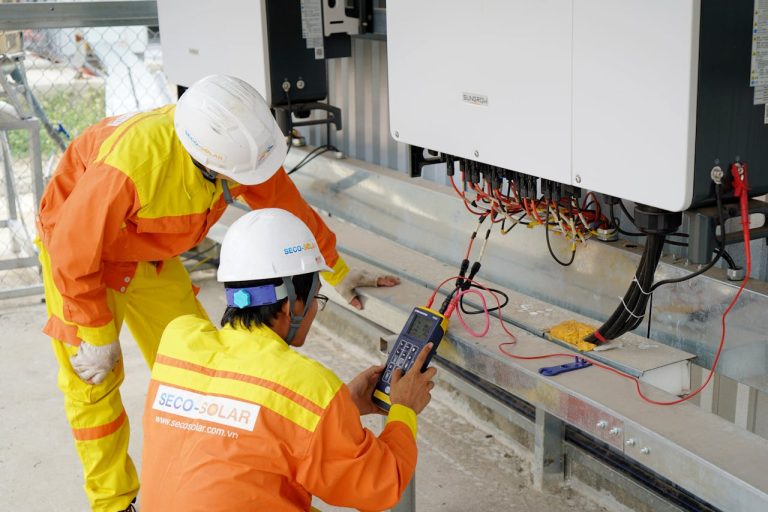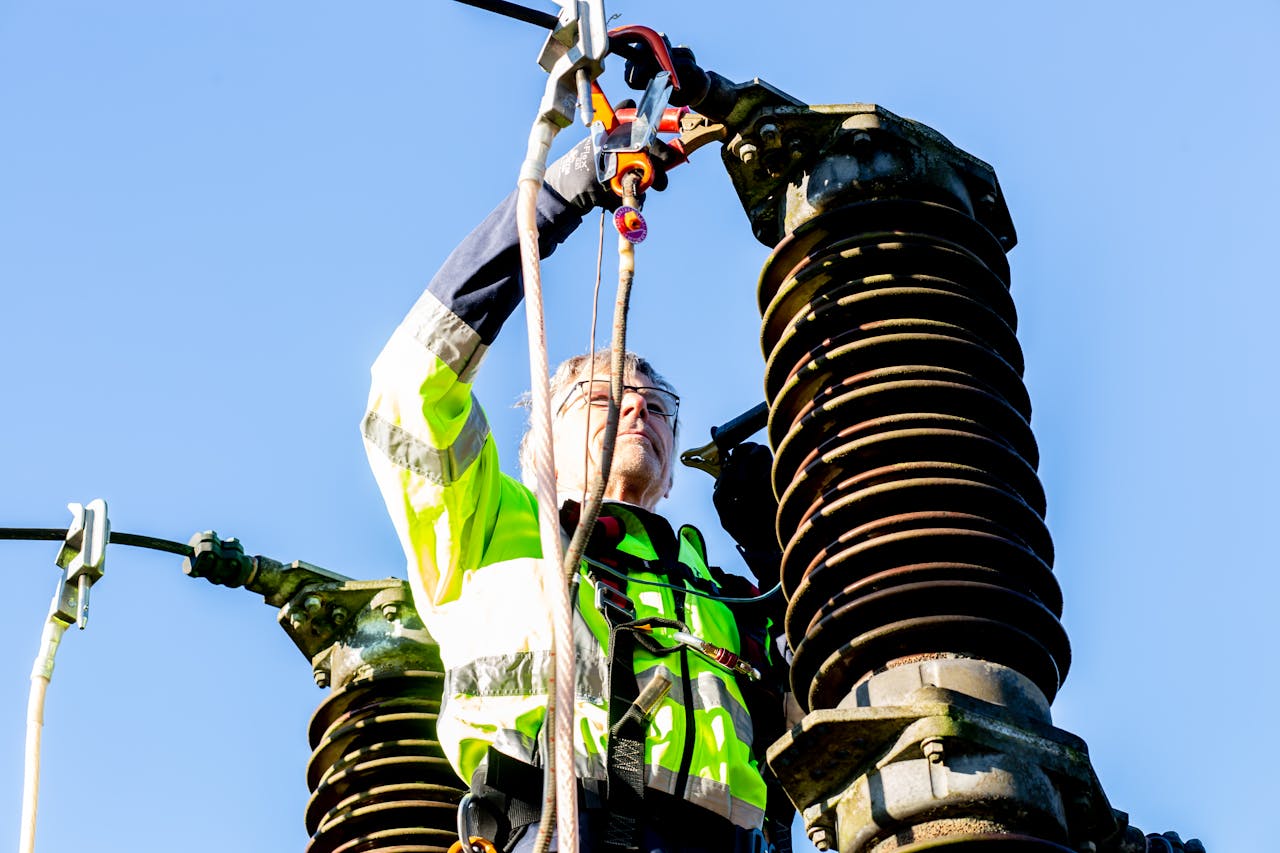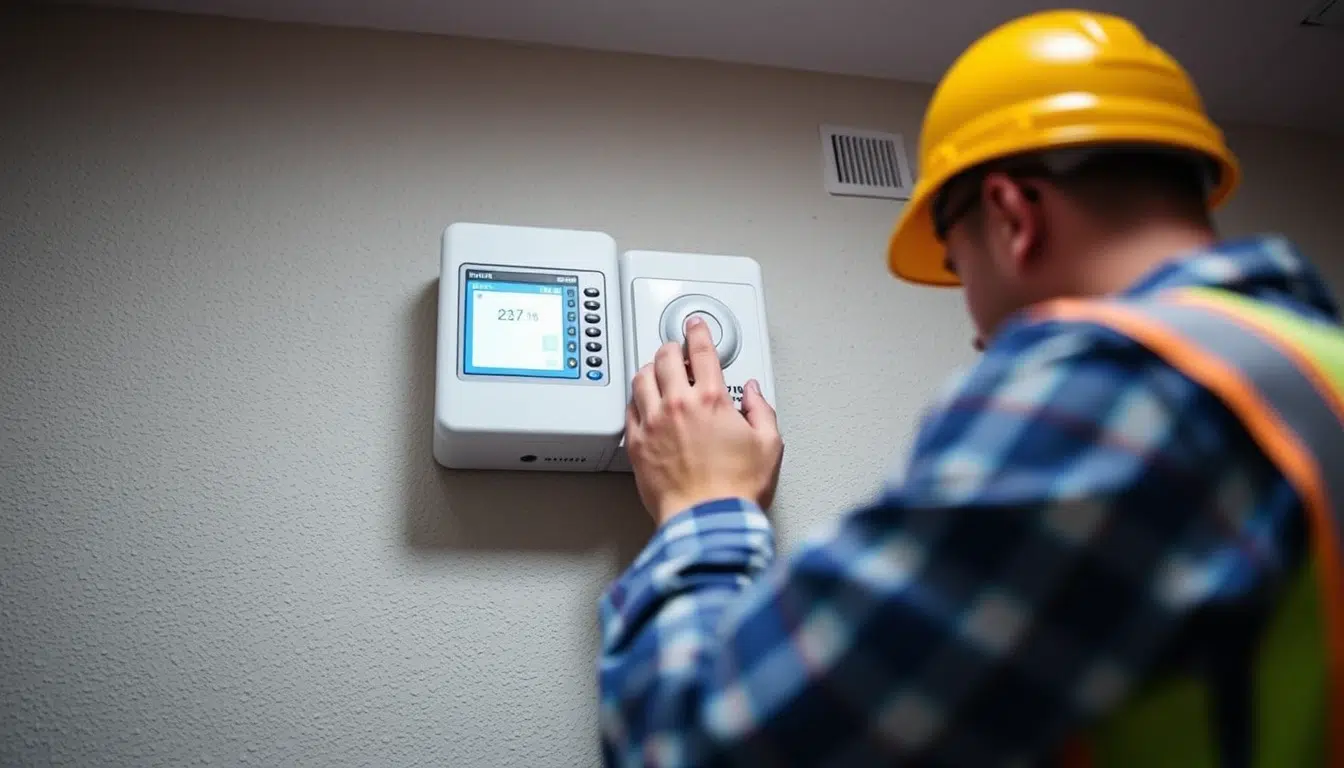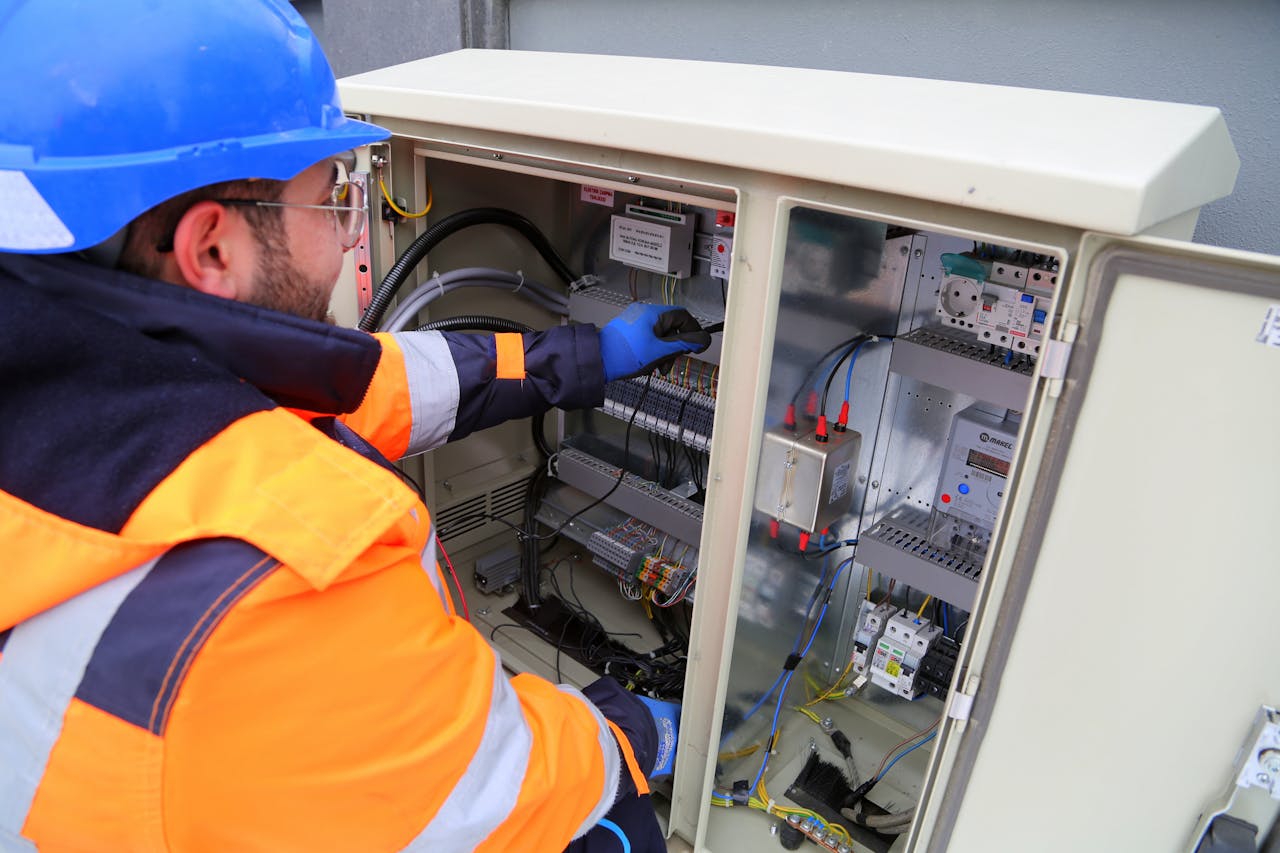Grounding Systems Design & Application

| No upcoming Schedule available for this course. | Register |
|---|---|
| Take control of your schedule! Choose your preferred dates and locations. click the register button. | Register |
| Date | Venue | Duration | Fees (USD) | Register |
|---|---|---|---|---|
| 03 Dec - 05 Dec, 2025 | Dubai | 3 Days | $4680 | Register → |
Did you know that soil resistivity is the most important factor that determines the performance of an electrical grounding system and serves as the starting point of any grounding design?
Course Overview
The Grounding Systems Design & Application course by Alpha Learning Centre is meticulously designed to equip professionals with essential skills in designing and implementing effective grounding systems. This course focuses on how professionals can effectively analyse soil resistivity, design ground grids, and implement proper grounding techniques to ensure comprehensive electrical safety and system reliability in various applications.
Why Select This Training Course?
Selecting this Grounding Systems Design & Application Course offers numerous advantages for professionals involved in electrical engineering and safety management. Participants will gain advanced knowledge of grounding fundamentals, grid design, and specialised applications. The course provides hands-on experience with industry-standard testing equipment and real-world case studies, enabling attendees to optimise their grounding system strategies effectively.
For organisations, investing in this training enhances overall electrical safety and ensures better system reliability. Research indicates that implementing comprehensive grounding frameworks results in enhanced ability to prevent electrical hazards. According to industry experts, a well-designed grounding system provides a safe path for excess or fault currents to flow to earth, preventing electrical hazards while ensuring equipment protection. Proper grounding systems also establish equipotential planes across facilities, which is crucial for safety and equipment operation.
For individuals who complete this course will benefit from enhanced career prospects as they become more valuable assets in their respective fields. Studies indicate that professionals with grounding system expertise can significantly improve their career trajectory as understanding the different earthing system types (TT, TN, IT) and their applications in various settings allows engineers to design appropriate solutions for specific requirements. Knowledge of solid grounding, which connects a system supply directly to ground without intervening impedances, is particularly valuable for avoiding excessive fault currents.
Transform your grounding system capabilities – Register now for this critical advanced training programme!
Who Should Attend?
This Grounding Systems Design & Application course is suitable for:
- Electrical Engineers in power system design
- Grounding Specialists in utility companies
- Safety Engineers dealing with electrical systems
- Facility Managers overseeing electrical installations
- Consultants in grounding system design
What are the Training Goals?
The aim of this course is to:
- Master the design of effective grounding systems
- Understand grounding in various environments
- Enhance safety through proper grounding practices
- Implement grounding for different electrical applications
- Comply with international grounding standards
How will this Training Course be Presented?
The Grounding Systems Design & Application Course delivers comprehensive, hands-on training through proven methodologies designed to maximise learning outcomes and practical skill development. Our expert instructors employ the following methods:
- Practical grounding design exercises
- Simulations of grounding system performance
- Expert-led workshops on grounding standards
- Case studies of grounding system failures and solutions
Each delivery method is carefully integrated to ensure participants gain both theoretical knowledge and practical experience. The course structure promotes active engagement and real-world application, allowing participants to develop crucial analytical and strategic skills within a supportive learning environment.
Join us to experience this dynamic and effective learning approach – Register now to secure your place!
Course Syllabus
Module 1: Fundamentals of Grounding
- Basic principles of grounding
- Types of grounding systems
- Soil resistivity and its measurement
- Ground electrode configurations
- Safety grounding vs. equipment grounding
Module 2: Design of Grounding Grids
- Designing effective grounding grids
- Soil modeling for grid design
- Calculation of grid resistance
- Touch and step potential analysis
- Ground grid conductor sizing
Module 3: Grounding for Substations
- Substation grounding design specifics
- Grounding under high fault currents
- Integration with substation structures
- Grounding of control buildings
- Ground potential rise considerations
Module 4: Industrial Grounding Systems
- Grounding in industrial plants
- Equipotential bonding in process areas
- Grounding for hazardous locations
- Protection against lightning in industrial settings
- Grounding in corrosive environments
Module 5: Grounding for Renewable Energy Systems
- Grounding design for solar and wind installations
- Earthing for inverters and converters
- Integration with existing grid grounding
- Protection from DC side faults
Module 6: Lightning Protection
- Principles of lightning protection systems
- Air terminals and down conductors
- Surge protection devices
- Grounding for lightning arresters
Module 7: Grounding in Sensitive Electronics
- Grounding for data centres and IT equipment
- Signal reference grids
- Ground loops and their avoidance
- EMI and RFI considerations in grounding
Module 8: Measurement and Testing of Grounding Systems
- Techniques for ground resistance measurement
- Maintenance testing of grounding systems
- Fall-of-potential method
- Clamp-on ground testers
Module 9: Grounding in Different Soil Types
- Grounding in high resistivity soil
- Use of chemical ground enhancement materials
- Grounding in rocky or uneven terrain
Module 10: Compliance with Standards
- IEEE standards for grounding
- IEC and local regulations compliance
- Documentation for grounding system certification
Training Impact
The impact of grounding system design training is evident through various real-world case studies and data, which demonstrate the effectiveness of structured programmes in enhancing electrical safety and system reliability.
Research indicates that professionals with strong grounding system skills can significantly improve safety outcomes. According to industry experts, designing an effective grounding system requires careful consideration of various factors, including soil resistivity, grounding electrodes, bonding and grounding conductors, and system testing. A poorly designed grounding system can lead to electrical shocks, fires, equipment damage, and electromagnetic interference.
These case studies highlight the tangible benefits of implementing advanced grounding techniques:
- Improved electrical safety through proper touch and step potential analysis
- Enhanced equipment protection through effective grounding systems
- Increased reliability in power distribution networks
- Strengthened compliance with international grounding standards
By investing in this advanced training, organisations can expect to see:
- Significant improvement in electrical safety performance
- Improved ability to handle complex grounding challenges
- Enhanced decision-making capabilities in grounding system design
- Increased competitiveness through comprehensive grounding strategies
Transform your career and organisational performance – Enrol now to master Grounding Systems Design & Application!








